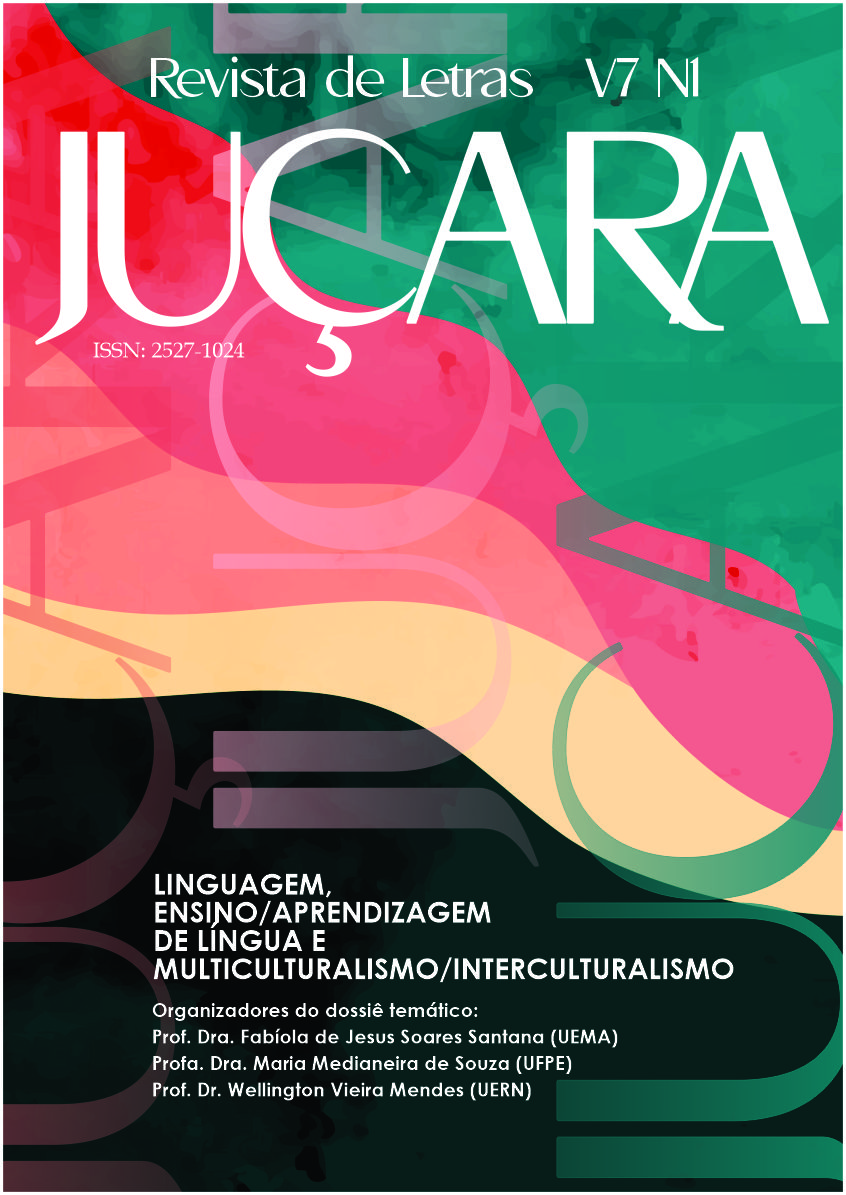DIGITAL LITERACY AND THE IMPERATIVES OF TDIC INTEGRATION IN THE LEARNING CONDITIONS OF STUDENTS OF UEMA'S COURSES OF LETTERS DURING REMOTE EDUCATION
DOI:
https://doi.org/10.18817/rlj.v7i1.3210Abstract
The research aims to investigate what are the teaching-learning conditions of students of Literature courses, in view of the need to recognize the imperatives raised by digital literacies to effect the integration of digital information and communication technologies - TDIC in the learning process. An exploratory bibliographic research was carried out on theoretical-methodological concepts in Applied Linguistics studies on literacy, technology and teacher training, in particular Selwyn (2011); Dudeney, Hockly and Pegrum (2016); Moran, Masetto and Behrens (2015), based on the notions of internal, external and cooperation imperatives needed in the process of incorporating digital technologies in education. The data collection was carried out using a questionnaire with questions that evaluated the variables related to the imperatives needed to carry out an effective TDIC integration in the teaching-learning process. The results resulting from the analyzes point to the identification that, when a difficulty is established in the students' learning processes, the difficulties are characterized in pedagogical practices that do not bring a cooperative environment to the learning activities, that is, there is no recognition of the imperative of cooperation. When this imperative is recognized in learning activities, students assess the activities as significant for their learning due to the interactive environment they provide.
Keywords: Digital Literacies; Imperatives; Learning.
Downloads
Published
How to Cite
Issue
Section
License
Copyright (c) 2023 Fabíola de Jesus Soares Santana, Walisson Paz Cavalcante

This work is licensed under a Creative Commons Attribution 4.0 International License.
A submissão de originais para a Revista de Letras Juçara implica na transferência, pelos autores, dos direitos de publicação. Os direitos autorais para os artigos publicados nesta revista são do autor, com direitos da revista sobre a primeira publicação. Os autores somente poderão utilizar os mesmos resultados em outras publicações indicando claramente a Revista de Letras Juçara como o meio da publicação original.


